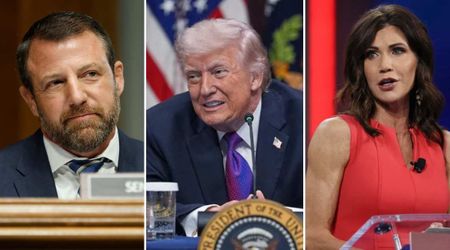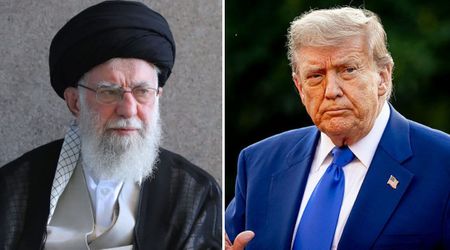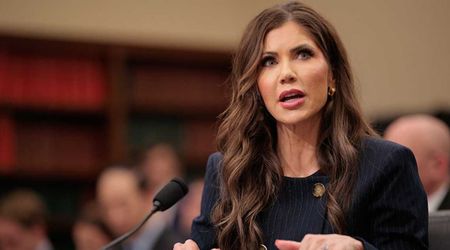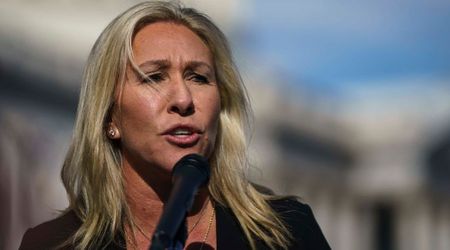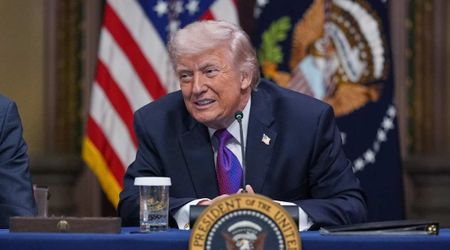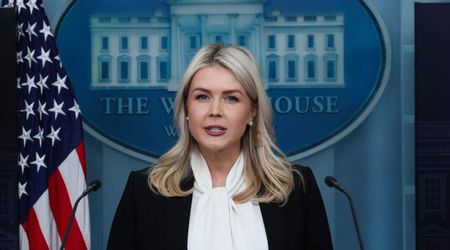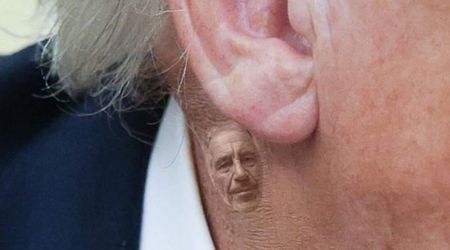6 times Donald Trump has sued or threatened to file a defamation suit against media organizations
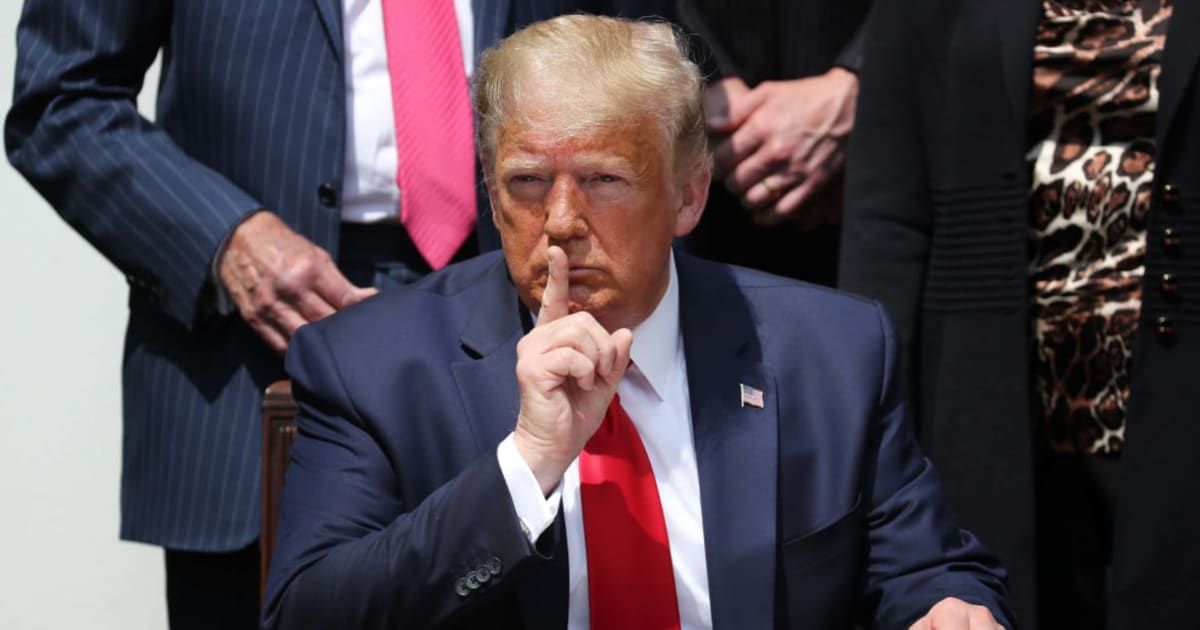
Donald Trump's legal blitz: Six times former President took media outlets to court

Donald Trump, the first president in US history to face criminal charges, has had a longstanding relationship with the legal system, with various legal entanglements involving his family over the years. These legal battles have encompassed bankruptcies, high-profile divorces, and defamation cases. Despite often finding himself as the defendant, Trump has also initiated litigation against others. According to USA Today, there have been over 4,000 active lawsuits related to Trump spanning more than three decades. Among these legal disputes are notable instances where Trump took legal action against news outlets and journalists. Notably, during his presidency, Trump expressed a desire to facilitate the process of suing and prevailing in libel cases against the media. Here are some of the most significant cases that have been filed over the years.
1. Trump v The Chicago Tribune (1984)

In 1984, Donald Trump filed a lawsuit against The Chicago Tribune seeking $500 million in damages. The dispute stemmed from an article penned by the newspaper's architecture critic, Paul Gapp, which critiqued Trump's proposal to construct a 150-story skyscraper in southern Manhattan. Gapp's assessment of the project, as reported by The New York Times, was less than favorable, deeming it "one of the silliest things anyone could inflict on New York or any other city." He also claimed that "the availability of $1 billion for such an unprecedented and ego-propelled real estate gamble is not at all certain." Trump contended that the article contained false information and had caused him both "embarrassment and financial harm." However, in 1985, the lawsuit was dismissed by a judge who upheld Gapp's right to express his opinion under the First Amendment. The judge ruled that Gapp's columns were protected expressions of opinion rather than factual reporting. Additionally, the judge defended Trump's own right to criticize the newspaper's depiction of the proposed building, which he referred to as "an atrocious, ugly monstrosity."
2. Timothy L O'Brien's book and Donald Trump's wealth (2005)

In 2005, Timothy L O'Brien published 'TrumpNation: The Art of Being the Donald', estimating Donald Trump's net worth to be between $150 million and $250 million based on information from three anonymous sources. Trump, who has long been vocal about his wealth, took offense to what he considered a low estimation. Consequently, in January 2006, he initiated a lawsuit against O'Brien and Warner Books, seeking a staggering $5 billion in damages. The lawsuit alleged that O'Brien's valuation of Trump's wealth was defamatory and had a detrimental impact on Trump's business interests. During the proceedings, however, Trump acknowledged, "My net worth fluctuates, and it goes up and down with markets and with attitudes and with feelings, even my own feelings," per The Washington Post. Despite Trump's efforts, the case against O'Brien was dismissed by a judge in 2009. Trump pursued an appeal, but it was again dismissed in 2011. The legal outcome hinged on the requirement for defamation suits against public figures to demonstrate that false and damaging information was knowingly published, a burden that wasn't met in O'Brien's case.
3. Truth Social v media outlets (2023)

Trump's social media platform Truth Social faced challenges during its launch in February 2022. Subsequently, in November 2023, Trump's media venture, the Trump Media & Technology Group (TMTG), which he predominantly owns, took legal action against 20 news outlets, including the New York Daily News, Newsweek, and The Hollywood Reporter. The lawsuit, filed in a Florida court on November 20, 2023, alleged that these publications colluded to undermine TMTG and its social media platform, Truth Social, by inaccurately reporting that the company had incurred a $73 million loss. Following the legal action, several outlets corrected their articles, acknowledging the accurate loss amount of $31.6 million. However, TMTG deemed these updates insufficient, as they lacked retractions or apologies. The timing of the erroneous reporting, just before TMTG's public trading debut, further fueled the lawsuit's claims. The legal filing sought a jury trial and a substantial $1.5 billion in damages. Notably, Trump later went on to pursue legal action against Truth Social's co-founders, Wesley Moss and Andrew Litinsky, both former contestants on 'The Apprentice', in March 2024. The former President accused them of mismanaging the company.
4. Defamation suit as President (2020)

Donald Trump's hatred for The New York Times is well known, culminating in a tweet on February 20, 2019, where he labeled the publication as "a true ENEMY OF THE PEOPLE!" This sentiment intensified after the publication of an opinion piece by Max Frankel in March 2019, which delved into Trump's candidacy and speculated on his ties to Russia and Vladimir Putin. That may have been the last straw, as his re-election campaign filed a defamation lawsuit against the newspaper in February 2020. This marked the first instance of Trump suing a media outlet while serving as president. During a pressroom briefing at the White House, Trump hinted at the possibility of further lawsuits against similar entities. However, the Supreme Court of New York dismissed the case in March 2021. One of the key factors in the dismissal was the recognition that the article in question was an opinion piece rather than a presentation of factual claims. David E McCraw, a lawyer representing The New York Times, told The Hill at the time, "We should not tolerate libel suits that are brought by people in power intending to silence and intimidate those who scrutinize them."
5. Another lawsuit against The New York Times (2021)

In 2021, Trump sued The New York Times once again over their 2018 reporting, particularly a piece titled 'Trump Engaged in Suspect Tax Schemes as He Reaped Riches From His Father'. This article, which delved into tax documents of Fred Trump, Donald's father, and other financial records of the Trump family and organization, garnered the authors a Pulitzer Prize. Represented by his lawyer Alina Habba, Trump's lawsuit accused the Times of orchestrating a clandestine scheme to obtain and exploit confidential records for personal gain and political motives. The suit sought damages amounting to $100 million. Notably, the lawsuit also implicated Trump's niece, Mary Trump, alleging that she was pursued by the newspaper's journalists and pressured into procuring confidential tax documents. However, in May 2023, the case against The New York Times was dismissed. The judge ruled that "courts have long recognized that reporters are entitled to engage in legal and ordinary news-gathering activities [...] these actions are at the very core of protected first amendment activity," per The New York Times. Consequently, Trump had to cover the legal fees of the newspaper and the journalists he had sued, totaling $392,638.
6. ABC News and George Stephanopoulos (2024)

Earlier this year, Trump initiated legal proceedings against ABC, ABC News, and host George Stephanopoulos, alleging defamation following comments made by Stephanopoulos during an interview. In this interview, Stephanopoulos posed questions to Rep Nancy Mace, a South Carolina Republican, regarding two separate court decisions awarding writer E Jean Carroll a total of $88.3 million in damages. Carroll had accused Trump of sexually assaulting her decades ago and defaming her by denying the assault. Stephanopoulos falsely claimed, "Judges and two separate juries have found him liable for rape," alongside other allusions related to the sexual assault allegations. In Trump's complaint, he asserts that Stephanopoulos acted "with actual malice or with a reckless disregard for the truth," alleging that Stephanopoulos "knows that these statements are patently and demonstrably false." However, to substantiate a claim of defamation against a public figure like Trump, he must not only demonstrate the inaccuracy of the statement but also prove that Stephanopoulos acted with "actual malice," meaning he knowingly made false statements or acted with reckless disregard for their truthfulness.

